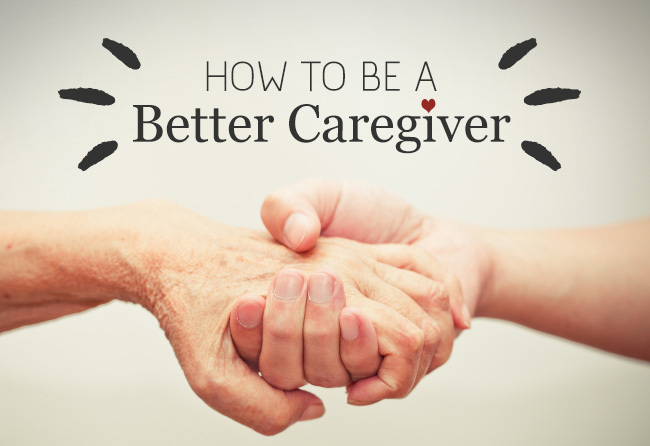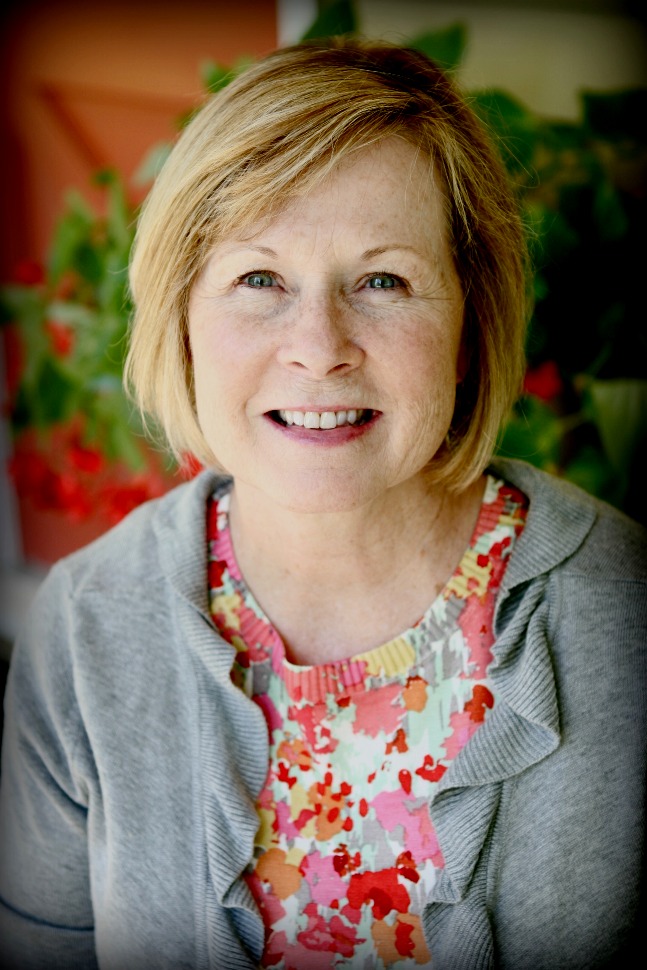Readers.com asked midlife topic experts to share special advice on everything from healthy living to planning for retirement. Our experts’ uplifting stories will inspire you to approach every situation with a Glass(es) Half Full mentality, so check back each month for more in this series and like us on Facebook for additional tips!
This month’s Glass(es) Half Full post is written by Rhonda Caudell. Rhonda is a relationship and communication expert who helps families work through caregiving solutions. She believes developing long-term strategies and focusing on the positive of caregiving, rather than the negative, can tremendously help families confront what can often be an emotional time. For more information on Rhonda’s Endless Legacy coaching services, visit her website! Read on for her expert guidelines and advice on:

Rosalynn Carter once said: “There are only four kinds of people in the world, those who have been caregivers, those who are currently caregivers, those who will be caregivers, and those who will need caregivers.” If you are a caregiver or are just beginning to see signs that your aging parent is losing their ability to live independently in a safe manner, you are not alone. As the population ages and more people develop chronic illnesses, the number of adults who find themselves caring for a sick or elderly family member continues to increase.
Another common thread among these adults is that no matter your age, education, or life experiences, most people are at a loss when it comes to the “how-to” steps of caring for aging parents. If you still have one or both parents living and you choose to accept the fact that they may need your help as they continue to age, I offer you the following list of helpful strategies and tips. This methodology behind caregiving can positively affect both their future and yours!
Note: Perhaps you are already a parent caregiver and things aren’t going so well. If that’s the case, use these guidelines to help change your strategy as if you are starting all over.

1. Assess the conversations you currently have with your parent(s):
- Do you do most of the talking, or do they?
- What are they saying, or not saying, about their future?
- Are you truly using your best listening skills during conversations?
- Does what they say and what they do match?
- Is it difficult to get them to consider the possibility of needing help?
- Do they treat you as if you are still their child and not a responsible adult?
- Do you speak to them as if they are a child?
2. Adapt conversations and develop strategies that lead to a long-term care plan:
- Ask questions and listen in a way that will allow your parents to open up to you about how they want to live out their final years.
- Write down what they say even if it is not realistic. Your goal is to help them find a plan as close as possible to what they want, while keeping in mind what is realistic.
- Have a family meeting to set guidelines for the future.
- Reaffirm that all actions are from love and respect for the parents and will only be taken with their permission.
- Plan steps and actions that will allow them to remain as independent as possible for as long as possible.
- Solicit anyone’s help who is willing and list what actions they can provide.
- Gather your team of professionals to help: legal, financial, in-home care providers, physicians, pharmacists, and social service providers (to name a few).
- Identify others to help: church members, neighbors, friends, or extended family.
3. Implement the plan and adapt as situations change:
- Create a communication system that allows everyone on the team to get regular updates and report the results of their actions.
- Have backup plans and crisis prevention where possible.
If you work through these guidelines and still, none of your efforts seem to be working, it might be time to seek the assistance of an objective party. Get in touch with someone of integrity and authority who your parents trust, a professional conflict mediator, or a skilled geriatric care professional to help work through tough issues.
Thank you Rhonda for these helpful tips on developing an effective and thoughtful caregiving strategy! For more guidance from Rhonda, head on over to her coaching site Endless Legacy.





Connect with Readers.com®